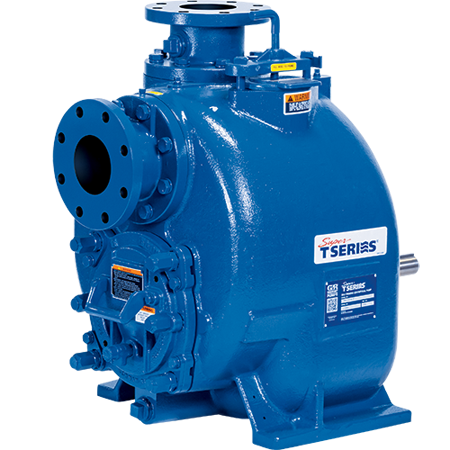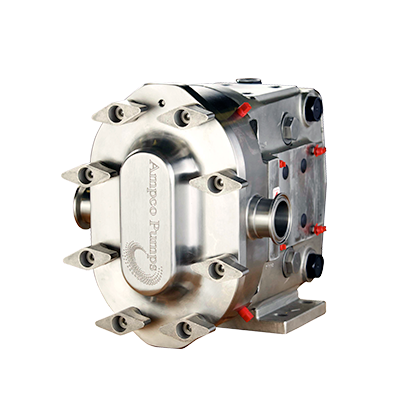Purchasing a new pump without a clear understanding of the necessary specifications can result in costly errors for both you and your company. To ensure that you make an informed decision and obtain the right pump, we have compiled a list of five essential factors to consider before purchasing a pump, in order to provide you with all the information you require.
1. Fluid
The type of fluid being pumped is the primary factor that determines the appropriate pump to purchase. For thinner fluids such as water, a centrifugal pump would be the optimal choice, while for thicker fluids like honey or oil, a positive displacement pump would be the more suitable option.
2. Flow Rate

Flow rate is the amount of fluid that a pump can move per unit of time. It’s an important consideration because it determines how quickly your system can operate. It’s important to choose a pump with a flow rate that is appropriate for your system. If the flow rate is too low, your system may not be able to operate efficiently. If it’s too high, it can lead to unnecessary wear and tear on your system.
3. Pump Type
There are many different types of pumps available, each with its own unique features and advantages. Centrifugal pumps, positive displacement pumps, and axial flow pumps are just a few examples. It’s important to choose a pump type that is best suited for your specific application. For example, a centrifugal pump may be ideal for high flow rate applications, while a positive displacement pump may be better for high-pressure applications.
4. Pressure

Pressure is another important consideration when buying a pump. It’s the force that the pump needs to generate in order to move the fluid through your system. It’s important to choose a pump that can generate the appropriate amount of pressure for your system. If the pressure is too low, the fluid may not flow properly, and if it’s too high, it can cause damage to your system.
5. Efficiency
Efficiency is a measure of how well a pump can convert the energy it consumes into the energy it uses to move fluid. A more efficient pump will use less energy to move the same amount of fluid, which can save you money on energy costs. It’s important to choose a pump with a high level of efficiency to minimize energy waste.
Conclusion
At Don Johns, we hope this post helped you become a informed buyer and will help you and your company get the right pump for your needs. If you are still looking into getting a pump, we have a selection of pump from trusted manufactures like Gorman-Rupp, Roper, and Burks, for all sorts of different applications. Click the button below to see how our service makes the difference!
